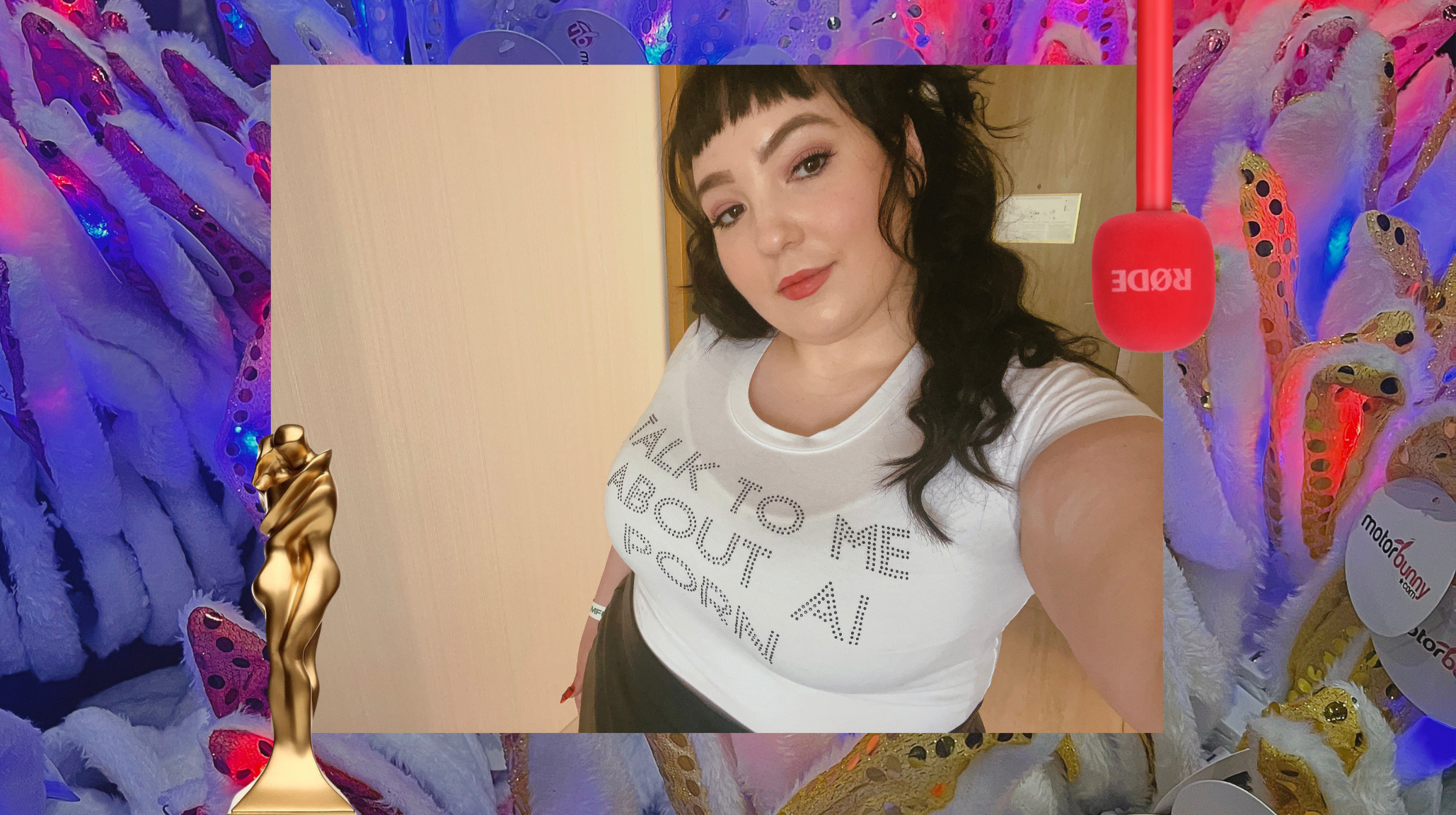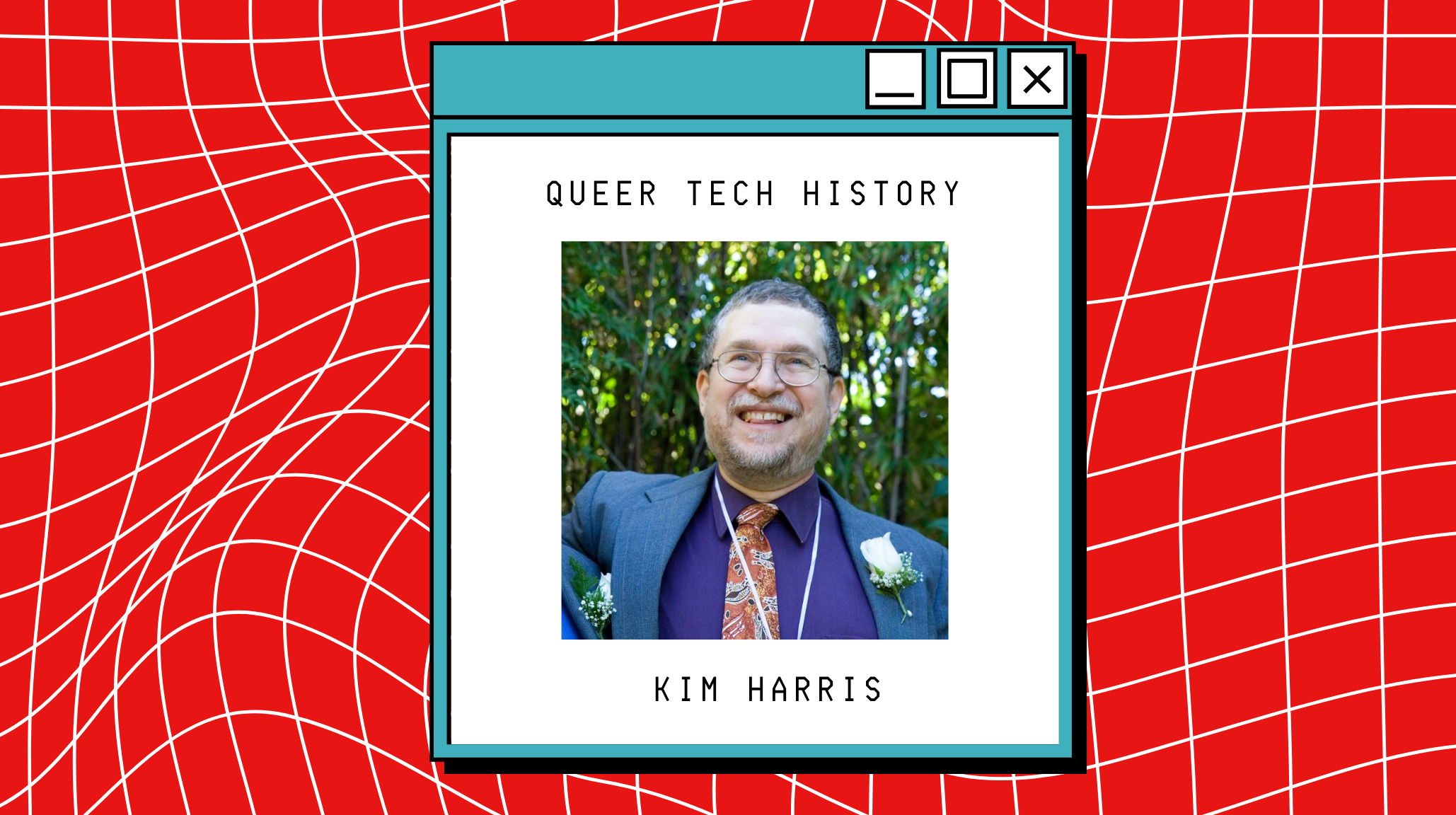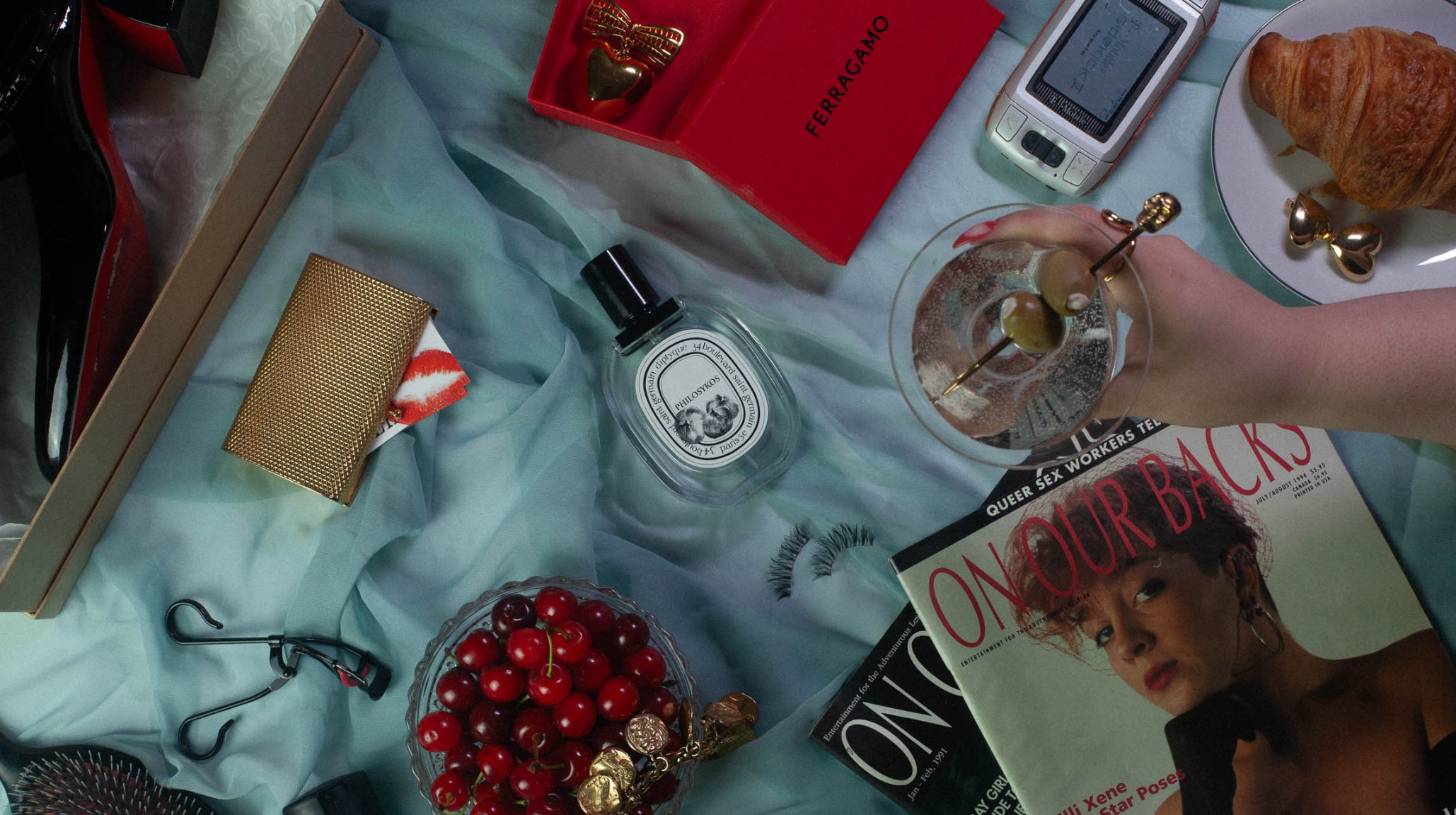The Year of Gypsy Rose
If 2023 was the year of Ariana Maddix, then 2024 will be the year of Gypsy Rose Blanchard. I anticipate she will continue to trend into 2024 with press interviews, podcast appearances, and, eventually product collaborations. The internet always seeks someone to rally behind and eventually criticize, and this year, it just might be Gypsy Rose.
The Art of Subtle Product Placements
It's no secret that with the rise of influencer culture, sponsored content, affiliate promotions, and advertisements have become increasingly popular. The launch of TikTok Shop in September 2023 has further contributed to an increase in product placements within the app. This addition has transformed the For You page (the main feed), making it feel somewhat like QVC. Additionally, a number of influencers have found ways to skirt around disclosing posts as paid services, a direct violation of the Federal Trade Commission.
I believe that influencer culture, as we knew it, began to crack earlier this year. People are tired of having sponsored content, PR hauls, and affiliate promotions forced upon them. I can't blame them; I'm tired too. In my opinion, social media marketers and some influencers are recognizing this shift and are now embracing the art of subtle product placement. It's so subtle that you might not even notice it. Imagine a getting-ready video with a casual glimpse of moisturizer mixed in with other non-sponsored products from indirect competitors, for example. Or perhaps a cooking video where the product is in clear view, but the brand is not directly named. Instead, when the creator speaks or writes copy, they use generic terms like "flour" instead of specifying a brand like Pillsbury. The brand is still visible, but it integrates more organically into the creator's life.
For what it's worth, I am not against influencer/creator marketing. I've worked on influencer campaigns for global brands and can attest to the power of influencer marketing. Influencer marketing has the ability to support your favorite creators in continuing to create. However, I think it's crucial to find the right fit for campaigns and ensure that influencers provide proper content disclosures when promoting paid content. I anticipate that sponsored posts will undergo significant changes in the coming years, especially as the Federal Trade Commission seems to be implementing more structure and guidelines around this practice.
Increased Comment Moderation & Community Building for Brands
Social media has always been brutal and, let's be realistic, often steeped in mockery. YouTube gained popularity for videos like Numa Numa Guy or Scarlet Takes A Tumble, which made fun of people. Over time, social media has become increasingly more hateful, with comment sections acting as brutal battlegrounds or echo chambers fostering extremism.
As brands partner with diverse creators or run inclusive campaigns, hate has surged. An example is Nike's 2019 partnership with the Honeybeez, a Black plus-size dance troupe from Alabama State University. The social media collaboration sparked misogynoir and fatphobic hate comments in Instagram and Twitter’s comment sections. Nike did little to moderate them initially, and though the original post was removed, similar comments persisted in 2020 when they partnered with Honeybeez again. Most of those hateful comments still remain up at the time of writing this.
While hate comments aren't new, their increase has prompted brands and social media teams to pause. How can a brand support DEI or run inclusive campaigns while tolerating hate speech? It's not only ineffective but wildly inappropriate. Conversations about community moderation are on the rise. A notable example is Sephora's 2023 launch with Glossier. The launch sparked of stream of comments rooted in transphobia and homophobia. Hate speech in comments was swiftly moderated, demonstrating support for the LGBTQ community and reinforcing that beauty is for everyone.
Effective moderation not only combats hate speech but also fosters loyalty, especially when brands consistently engage with their followers. This type of community moderation is an extension of customer experience. I hope these conversations persist into 2024 and beyond, urging brands to employ more community moderators.
Regarding community and platform moderation by tech companies like Meta and X, well, good luck. Despite an upcoming election, comments, especially hate comments, drive engagement.
Election Chaos
Social media still hasn’t recovered from the 2016 or 2020 election, so buckle up, because shit is about to hit the fan in 2024.
The full impacts of social media on the 2016 election haven't been fully documented, and I believe Meta is hiding quite a bit. Significant research, particularly by Joan Donovan, author of "Meme Wars: The Untold Story of the Online Battles Upending Democracy in America," has shed light on the role of social media and tech in democracy. However, Joan recently blew the whistle on Harvard University's personal connections to Meta executives and a $500 million research grant after being ousted from her position. She was conveniently studying disinformation on Meta's platforms at the time.
Joan Donovan, a major disinformation researcher, is to social media disinformation what Mariah Carey is to Christmas. Seeing such a significant figure ousted before an election is alarming. It seems Meta knows the upcoming months could shift the future of American democracy, and they have a top billing in its production. Joan will continue her research with her nonprofit, the Critical Internet Studies Institute.
Unfortunately, I anticipate the election will further divide us, fostering misinformation, extremism, hate speech, AI deepfakes, and a loss of guardrails. I recommend looking into Reedhima Mandlik’s works and writing to get a better understanding of deepfakes, and to be able to better understand the possible implications of them in the upcoming elections.
What should you do? Diversify your sources and understanding. Listen to experts like Joan and Reedhima, along with other journalists, who have spent countless hours on their work, and go beyond creating catchy (clickbait) social media posts to educate. Take breaks from social platforms and consider building more relationships; it’s my opinion that in order to have activism, you have to have relationships. Also, while I believe in the importance of citizen reporting, news from verified sources that are held to a journalistic standard and legal liability are important and can be consumed in conjunction. Lastly, don’t believe everything you see online; consider the source.
The Continued Rise of Political Extremism
Does anyone else feel that social media has become extremely divisive? I certainly do. I find myself increasingly confused, overwhelmed, and deeply concerned about what's happening on these platforms. From the rise of QAnon on the far right to the TikTok virality of Osama bin Laden's 2002 "Letter to the American People," extremism is escalating on both ends of the political spectrum.
Palestine has radicalized many, and while I think some of this has been good and necessary, I also believe it has led to more extremist anti-government views, a questioning of verified sources, and a denial of the importance of fact-checking. I see anger directed at individuals and censorship, but not nearly enough aimed at major social media companies. Social media products are designed to be extremist and divisive—it's encoded in their DNA. People and their data are the products, and the more they divide us, the more they profit.
I've noticed an increase in faceless accounts posting political content—essentially reposted grainy video content, photoshopped Twitter threads, and other unoriginal material. I'm concerned about their potential to post and spread deepfakes as these become more realistic. These accounts lack legal or journalistic standards, facing no repercussions for spreading disinformation.
To be candid, I worry about the implications of this extremism for our future. I see a lot of clickbait content being spread on social media, and some of it may not have as pure intentions as we want to believe. There is so much profit to be gained from our division, especially as extreme hate from the alt-right continues to harm marginalized communities. Social media companies, notably Meta, knowingly create addictive and extremist products. Foreign actors aim to undermine our people, government, and election process, using tactics seen in the past with Russian troll accounts pushing Trump and QAnon propaganda under the guise of TRUTH.
I see some similar rhetoric around truth appearing in conjunction with social media content related to Palestine. To make it clear, I am by no means conflating the two. I am merely wondering if we need to do more research on these types and the potential overlap with splintered alt-right and QAnon theories. I wonder if some of this content is perhaps made by those with ill intentions, by those who have learned to mimic the language of the left, only to serve their own interests.
I fear that what has happened online in recent years regarding political extremism has made us unable to have actual dialogue with those who may not fully agree with us. I know, unfortunately, from experience in my own life—seeing friends and the community get thrown into the parallels of QAnon and other political conspiracy theories. I'm not saying to go sit with a Proud Boy, but I am saying to continue having critical dialogue offline. Understanding change, especially within the individual mind, takes time and often lots of conversations—it takes serious relationship building. Meet people where they are, and move forward together.
I welcome discussion with those who disagree with my stances and am not too big to say I don't know everything, and that as time progresses, things and thoughts can change.
Burnout Burnout Burnout
Social media has morphed into a hellscape, far removed from its origins of escapism.
Overwhelmed by constant product placement, influencer culture, extremism, troll accounts, and flawed algorithms, users rarely see the content they truly desire. There's a decline in glimpses of familiar faces and an increase in "suggested content" that often diverges from their interests. I predict these issues will drive users away from the platform even more in the future.
In the years to come, I anticipate a shift away from relying on social media for life recommendations. Users may favor traditional sources like print and individual websites. For many, social media no longer feels like a productive use of energy and isn't sustainable with current habits. Perhaps, it's my millennial perspective as I age out of the internet.
Fewer Influencers, More Experts
Influencer culture has had both positive and negative impacts. It has served as a tool for connection, yet, for some, it creates unattainable ideals. Influencers often present themselves as experts in various niches, even when they are not, partly due to the audience's tendency to grant them unwarranted credentials. This trend is particularly evident in fashion, career, and body positivity communities, which I am all deeply entrenched in.
Over time, some influencers have become detached from relatability, offering questionable advice, and viewer fatigue has set in. There's a desire for more authenticity and substance.
People seek expertise from those truly knowledgeable in their field, not just those adept at crafting clickbait captions or showcasing outfits lacking personal style. They want individuals with unique perspectives, shaped by extensive research and experiences. Although navigating through social media noise is challenging, many are eager to engage with content offering nuance and complex knowledge.
As a creator, I believe credentials can mean both everything and nothing; it's about using them to engage in dialogue, not monologue, and to enrich your perspectives. Stop talking at people, start talking with them.
Strategic Authenticity
People crave authenticity online, and countless think pieces highlight the new trend of influencers being authentic and relatable. However, authenticity itself can be curated; sometimes, the best form of it is. This curation allows creators to take space, reflect, and create a barrier that adds humanity to their persona. Despite appearances, the level of curation involved in vulnerability is often underestimated. Raw human emotion can be strategically employed to promote products and evoke specific emotions.
Social media requires a lot of strategy, making the best creators more than just content generators—they are strategists. They have a unique ability to gauge the potential impact of their content, virality, and audience connection of their content. In 2024 and beyond, creators will continue to be intentional and strategic about when and how they express authenticity or vulnerability. Recognizing that social media is, more often than not, a strategic game is key to navigating this duality successfully.
Extreme Content Length
TikTok gained popularity with its super short, easily digestible, endlessly scrollable content. This trend has spread to platforms like YouTube, Instagram, Snapchat, and somewhat to Pinterest, becoming exceptionally popular in the last three years. Despite its fun appeal, some people have grown fatigued by this short-form content.
In response, and perhaps to compete with Youtube, TikTok is focusing more on diversifying its content lengths, with an increase in long-form content on the platform. Typically long-form content is considered to be 45 minutes plus, especially on Youtube. This format suits selective engagement, allowing users to pop in and out as their attention levels fluctuate. Earlier this year, TikTok changed its creator payment criteria, requiring videos to be over a minute for monetization eligibility. While not super long, this shift may prompt more creators to explore long-form content, creating extremes in content length on the platform. I think overall extreme content lengths will become more popular, with videos exceeding 45 minutes, or on the other side, under 10 seconds, becoming the new norm. But isn’t that what social media is for? Extremism?
There's a 50/50 chance that long-form content will spread to other platforms like Meta. In 2018, Instagram tried launching IGTV for long-form content, but it didn't take off and vanished quickly. Given the evolving user viewing habits, Meta might attempt something similar, unlike the landscape five years ago.
Building Community Off Platform
With increasing censorship and algorithm issues on platforms like Instagram and TikTok, many creators feel frustrated, it’s like navigating a board game without directions. Creators often struggle to grow on these platforms due to the overwhelming demand for content, particularly for small-time creators.
Connecting with your audience has become more challenging, partly due to oversaturation and practices like censorship, shadowbanning, and misclassification of content. Frustrated by the lack of rules, creators are starting to move their audiences to platforms like Substack, Discord, Patreon, and blogs, focusing on audience engagement rather than audience size.
Personally, I created my website, akin to a blog, for full autonomy over my work, avoiding censorship and speaking without character limits. I prefer this over platforms like Patreon, where censorship may still exist. I've chosen not to monetize my audience, as creating is a hobby alongside my 9-5 in tech, which I love and plan to grow in. I encourage other creators to create outside of social media as well if they wish to retain content ownership. Oh, and by the way, keep reading honeywhippedfeta.com, and sign up for my newsletter if you haven't already. Thanks, love you!










